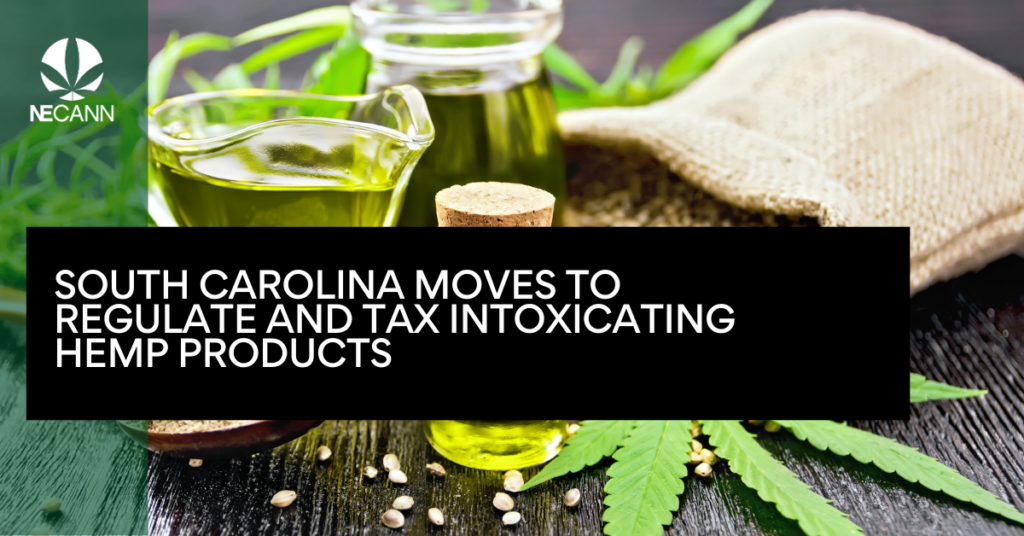South Carolina is poised to enact legislation aimed at regulating and taxing intoxicating hemp-derived products, including popular variants like delta-8 and delta-10 THC. The proposed bill not only introduces a tax structure for these products but also mandates laboratory testing to ensure consumer safety.
According to the bill, hemp-derived cannabinoid products would be subject to a 5% tax. The revenue generated from this tax would be deposited into a dedicated account within the state general fund. These funds are earmarked for the exclusive use of regulating hemp-derived cannabinoid products and would be allocated to the state Department of Agriculture. This financial strategy aims to bolster oversight and control in a rapidly evolving market.
The legislation sets a minimum age limit of 21 for the purchase of these intoxicating hemp-derived products, aligning with restrictions commonly seen for other controlled substances. Additionally, stringent measures are proposed, including a $500 annual licensing fee for producers and a $250 annual fee for retailers selling these products. Safety labeling and child-resistant packaging requirements are also embedded in the bill to enhance consumer protection.
The proposed regulatory framework applies to seven intoxicating hemp-derived cannabinoids, including delta-8, delta-10, THCo, THCp, THCv, THCa, and hexhydrocannabinol. However, the legislation explicitly excludes non-intoxicating cannabinoid products, such as CBD, CBG, CBT, CBL, CBE, and CBN from these stringent regulations.
The move comes in response to a legal opinion issued by the state Attorney General’s Office in 2021, affirming that South Carolina’s Hemp Farming Act did not legalize THC, except when defined in lawful hemp. Last month, Assistant Attorney General David S. Jones reiterated in a letter that delta-8 THC, along with any other forms of THC derived from hemp, is not considered legal under the state’s existing hemp law.
As South Carolina takes steps to assert regulatory control over intoxicating hemp-derived products, the proposed legislation reflects a proactive approach to addressing legal ambiguities and ensuring public safety in the evolving landscape of hemp-derived cannabinoids.
Stay informed with daily cannabis business news updates by subscribing to NECANN.




